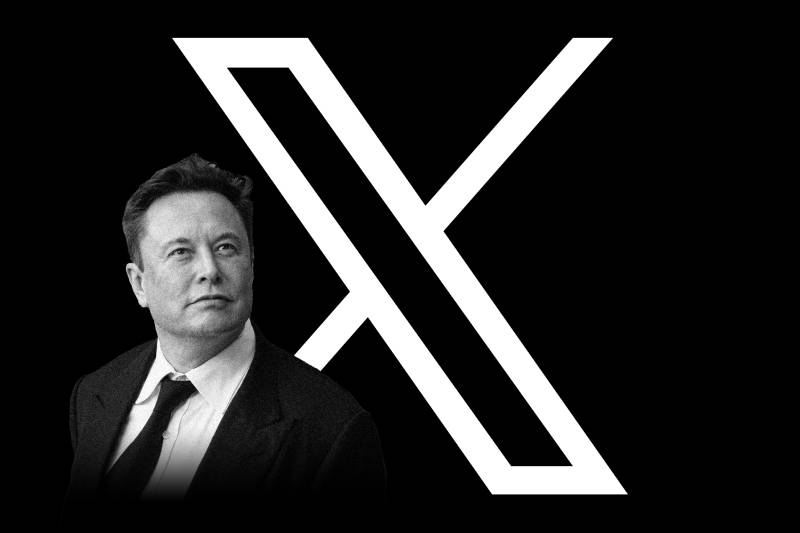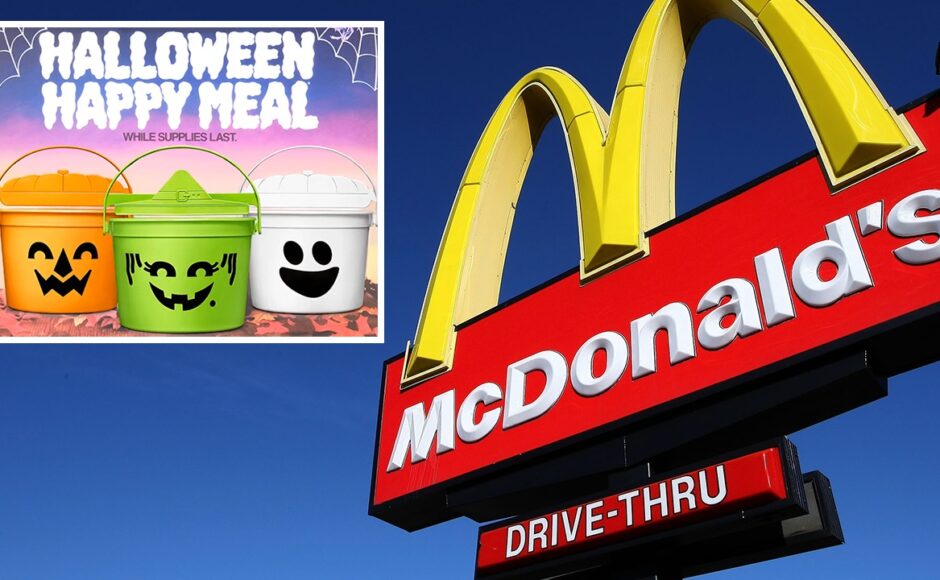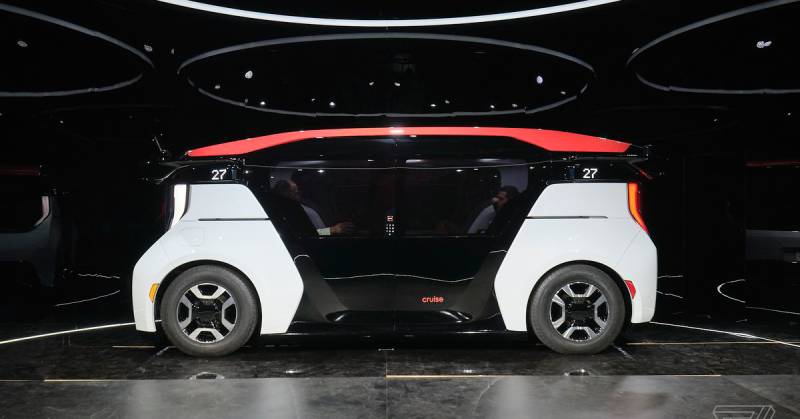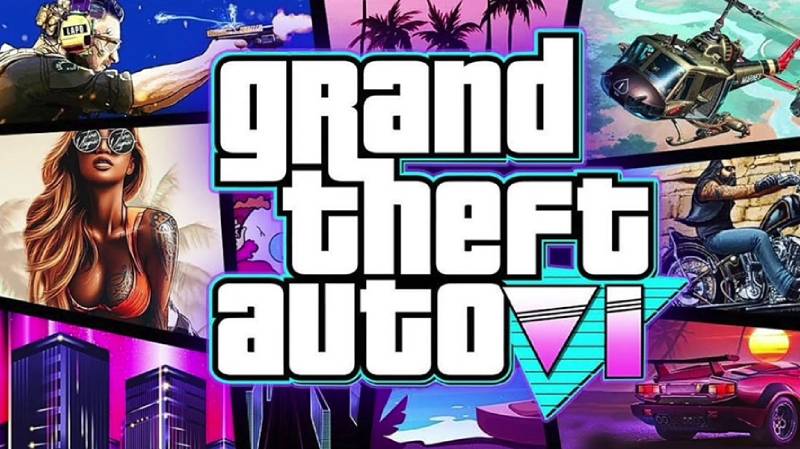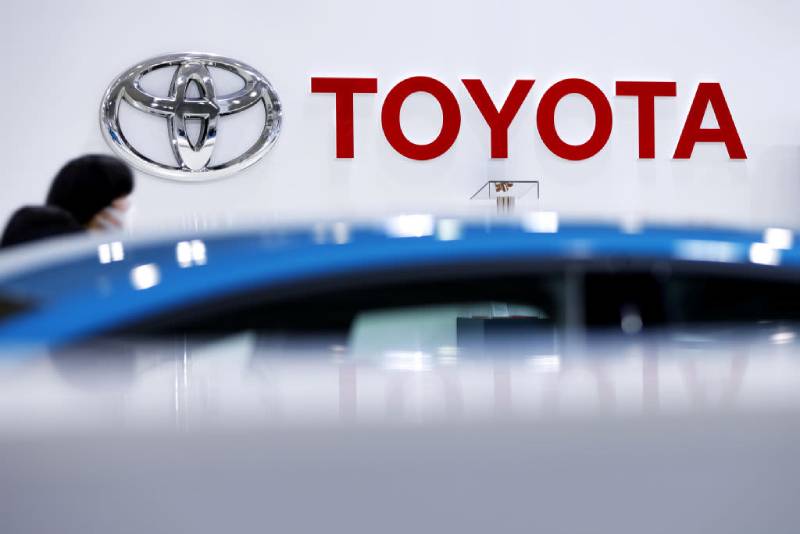Elon Musk says that an ad-free X premium subscription will soon be available
Elon Musk has announced that X, formerly known as Twitter, will soon introduce an ad-free version as part of its X Premium subscription. This option will allow users to pay to enjoy the platform without advertisements. The CEO of Tesla and SpaceX revealed that X will offer a “lower cost” version of the Premium subscription,…

